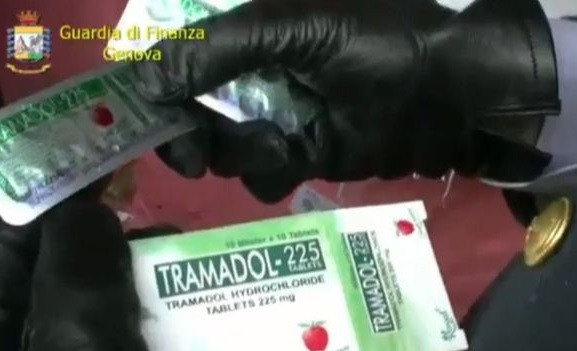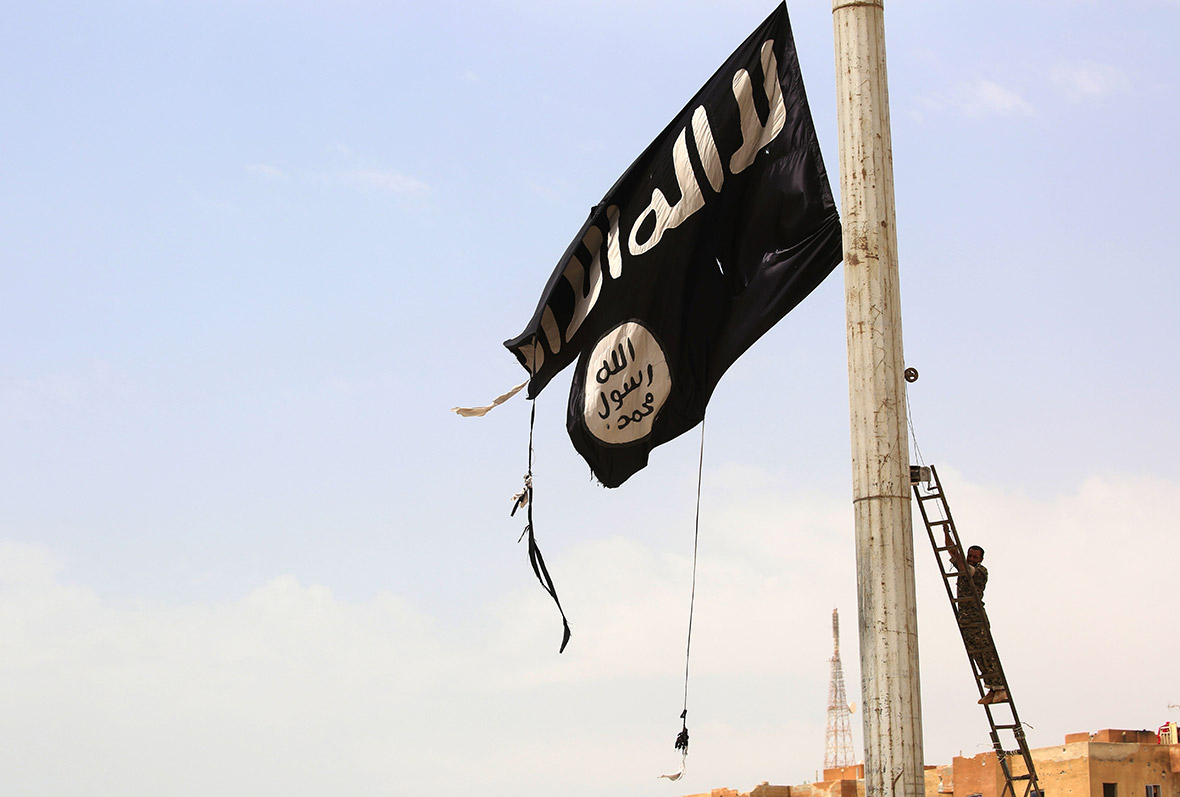What is Tramadol? The everyday painkiller is Egypt's most abused drug
Laura Plummer was arrested in Egypt after being found in possession of nearly 300 Tramadol tablets.

The arrest of a British tourist accused of smuggling drugs into Egypt after she was found with £23 worth of painkillers in her suitcase has shed light on the extent of drug addiction in the north African country.
Laura Plummer, 33, was arrested at Hurghada international airport on 9 October when she was found in possession of nearly 300 tablets of Tramadol, as well as some naproxen, which she claimed was for her sick partner.
According to her family, Plummer made an "honest mistake" and was not aware Tramadol was illegal in Egypt, where people use it as a recreational drug.
Karl Turner, PM for Kingston upon Hull, said that the Foreign Office was involved and that the British embassy in Cairo had provided the woman with a lawyer.
What is Tramadol?
Tramadol is a strong opiate painkiller used to treat moderate and severe pain, according to the NHS. The drug, which comes in tablets, capsules, liquid drops or injection form, is available only on prescription in the UK.
The most common side effects are sickness and dizziness. People can also develop an addiction.
More serious side effects, although rarer, include heart problems, seizures, breathing problems and hallucinations.
Why is it banned in Egypt?
The drug was officially deemed as the most used in Egypt in 2015, when the country's Anti Addiction Fund said 40.7% of the population were using it. Of these, nearly 97% were men.
A free-of-charge hotline was launched for people who sought help and more rehabilitation centres were opened in the country. Most people start taking the drug at between 15 and 20.
At the time, the drug was sold on the black market for as little as LE1 ($0.14; £0.11) per 225mg pill.
Prices have increased since, but the drug remains one of the cheapest in the country.
The UK Foreign Office said: "Some prescribed and over the counter medicines available in the UK are considered controlled substances in Egypt and can't be brought into the country without prior permission from Egypt's Ministry of Health.
"If you arrive in Egypt without this permission and the required documentation, the medication will not be allowed into the country and you may be prosecuted under Egyptian law; if you're travelling with prescription medication you should carry a medical certificate from your GP confirming that the medication has been prescribed for a medical condition."
People charged with drug trafficking can face imprisonment for up to 25 years, life imprisonment or even the death penalty.
In 2013, the country sentenced to death a British pensioner, along with another four men, charged with drug smuggling.

Tramadol is popular in other countries across northern Africa and it is a source of income for terror groups such as the Islamic State (isis).
Earlier this month, Italian police seized more than 24 million Tramadol tablets at the port of Gioia Tauro, Calabria, en route to Libya from India.
Investigators said they were confident the pills were destined for Isis militants in Libya, who would have sold the drug to fund their activities. The discovery also raised questions about the possible involvement of Calabrian mafia 'Ndrangheta.
Tramadol is widely used among members of terror groups as it boosts resilience and represses pain and hunger. The drug is popular within Isis and its Nigeria-based ally Boko Haram.

























